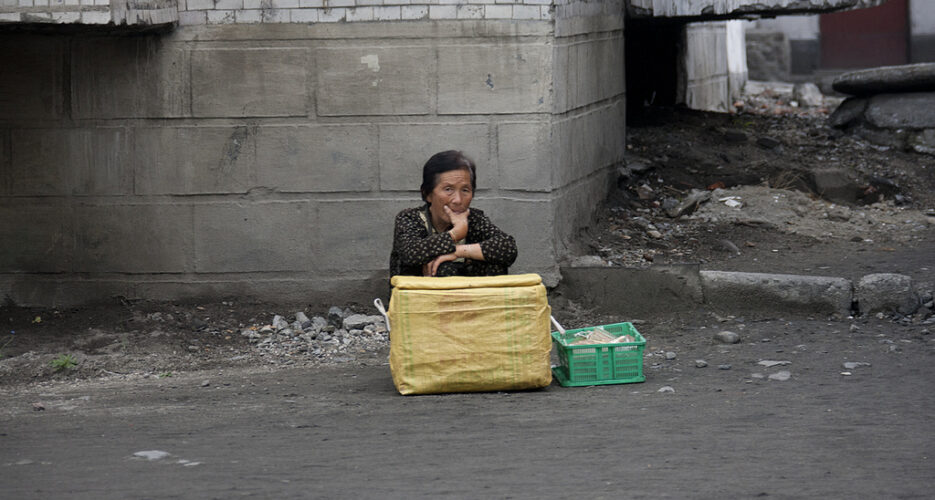When one reads what the Soviet diplomats used to write about North Korea, it becomes clear: In the mid-1950s they worried about its internal stability, and this worry was caused, above all, by the destitution they saw all around the country.
To make this impression on Soviet observers, the situation had to have been really harsh. By the standards of the developed West, in the mid-1950s the Soviet Union itself was a very poor place, and Soviet diplomats and officials seldom came from privileged backgrounds. The next generation of Soviet officials were often children of elite families, but the vast majority of Soviet diplomats from the 1930s came from very humble backgrounds and were used to hardships. Nonetheless, even by their standards, North Korea was a very poor place.
When one reads what the Soviet diplomats used to write about North Korea, it becomes clear: In the mid-1950s they worried about its internal stability, and this worry was caused, above all, by the destitution they saw all around the country.
To make this impression on Soviet observers, the situation had to have been really harsh. By the standards of the developed West, in the mid-1950s the Soviet Union itself was a very poor place, and Soviet diplomats and officials seldom came from privileged backgrounds. The next generation of Soviet officials were often children of elite families, but the vast majority of Soviet diplomats from the 1930s came from very humble backgrounds and were used to hardships. Nonetheless, even by their standards, North Korea was a very poor place.
Become a member for less
than $5.75 per week.
Unlimited access to all of NK News: reporting, investigations, analysis
The NK News Daily Update, an email newsletter to keep you in the loop
Searchable archive of all content, photo galleries, special columns
Contact NK News reporters with tips or requests for reporting
Get unlimited access to all NK News content, including original reporting, investigations, and analyses by our team of DPRK experts.
Subscribe now
All major cards accepted. No commitments – you can cancel any time.













